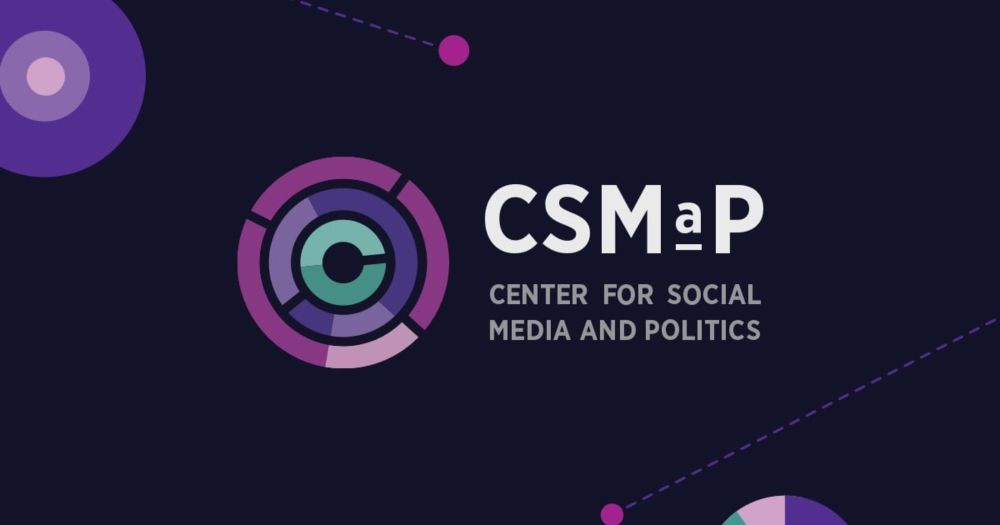
https://csmapnyu.org/links
Congratulations to the authors: Aaron Erlich, Kevin Aslett, Sarah Graham, and Joshua Tucker! @aaronerlich.bsky.social, @selisegraham.bsky.social ham.bsky.social, @jatucker.bsky.social @kevinaslett.bsky.social
Congratulations to the authors: Aaron Erlich, Kevin Aslett, Sarah Graham, and Joshua Tucker! @aaronerlich.bsky.social, @selisegraham.bsky.social ham.bsky.social, @jatucker.bsky.social @kevinaslett.bsky.social

👇👇

👇👇

@jonathannagler.bsky.social @magdalenawojciesza.bsky.social
This is also one of the projects I started at @csmapnyu.org ---- thanks to the entire lab involved!
The paper can be found here: www.cambridge.org/core/journal...
@jonathannagler.bsky.social @magdalenawojciesza.bsky.social
This is also one of the projects I started at @csmapnyu.org ---- thanks to the entire lab involved!
The paper can be found here: www.cambridge.org/core/journal...

The paper, which is accepted for publication at @The_JOP, can be found here: www.journals.uchicago.edu/doi/epdf/10....
The paper, which is accepted for publication at @The_JOP, can be found here: www.journals.uchicago.edu/doi/epdf/10....
Political beliefs are hard to change and probably require long-term interventions.
Political beliefs are hard to change and probably require long-term interventions.
➡️ Platforms like WhatsApp differ fundamentally from traditional feed-based platforms;
➡️ The academic community must spend time studying such platforms; and,
➡️ While difficult to study, it's crucial to explore how those in the Global Majority consume information
➡️ Platforms like WhatsApp differ fundamentally from traditional feed-based platforms;
➡️ The academic community must spend time studying such platforms; and,
➡️ While difficult to study, it's crucial to explore how those in the Global Majority consume information

